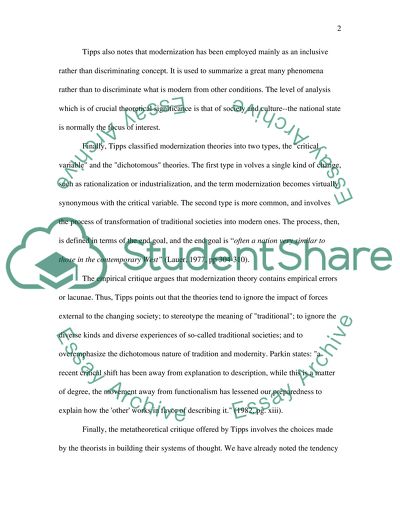Cite this document
(“IS MODERN SOCIETY RATIONAL Essay Example | Topics and Well Written Essays - 2500 words”, n.d.)
Retrieved from https://studentshare.org/philosophy/1515311-is-modern-society-rational
Retrieved from https://studentshare.org/philosophy/1515311-is-modern-society-rational
(IS MODERN SOCIETY RATIONAL Essay Example | Topics and Well Written Essays - 2500 Words)
https://studentshare.org/philosophy/1515311-is-modern-society-rational.
https://studentshare.org/philosophy/1515311-is-modern-society-rational.
“IS MODERN SOCIETY RATIONAL Essay Example | Topics and Well Written Essays - 2500 Words”, n.d. https://studentshare.org/philosophy/1515311-is-modern-society-rational.


